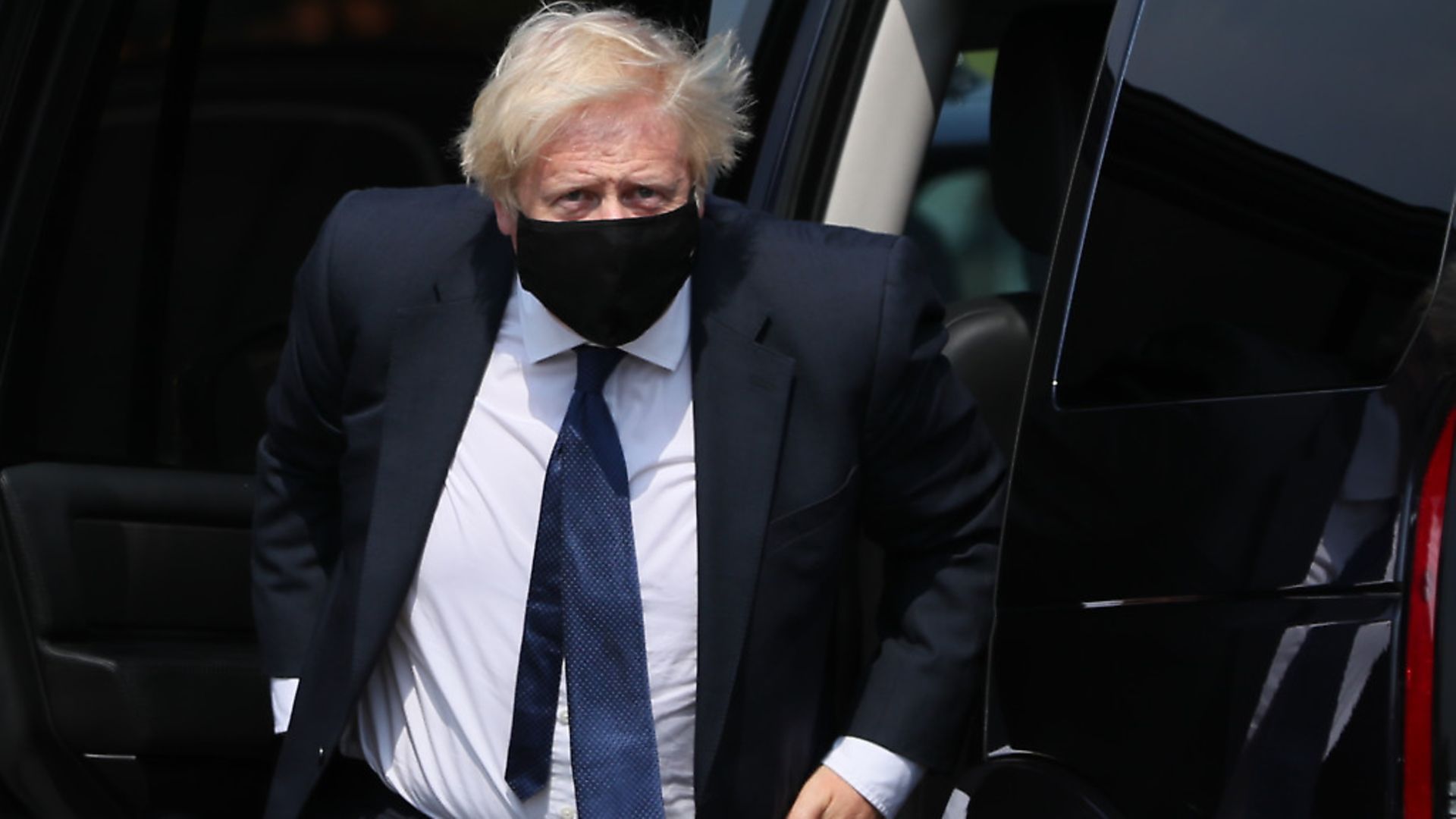
The government abandoned rules for procurement at the time it matters the most, handing contracts to associates of the government and ill-qualified to deliver the services required.
While the world’s eyes were fixed on mounting death tolls, NHS capacity and social distancing rules, we now know that the UK government was awarding an array of procurement contracts to some surprising companies.
All of these contracts were let under emergency procurement conditions, meaning that there was little competition and due diligence was largely thrown to the wind. The government argues that this was justified given the urgency of the crisis. Nothing to see here, they say. But as a professor of governance and integrity, I can see that there are clear ‘red flags’ which should concern us. Let’s take a look.
The release of new legal documents reveals that in April the UK government spent £150 million on face masks with the wrong kind of straps. The contractor, Ayanda Capital Limited, provided 43.5 million FFP2 masks that had elastic ear loops instead of straps that tie around the back of the wearer’s head, and hence did not meet the standards required for use in the NHS.
It is perhaps not surprising that the contract failed to deliver, given it was handed to a company that has no history of providing PPE. The company actually specialises in currency trading, offshore property, private equity and trade financing – activities that you might think would put it a million miles away from producing healthcare equipment. There are plenty of other companies with greater expertise and experience in this area.
Have your say
Send your letters for publication to The New European by emailing letters@theneweuropean.co.uk by Tuesday at 9am and pick up an edition each Thursday for more comment and analysis. Find your nearest stockist here, read the newspaper on our app, or subscribe to a print or digital edition for just £13. You can also join our readers' Facebook group to keep the discussion and debate going with thousands of fellow pro-Europeans.
Yet Ayanda is not the first unlikely winner of covid-related contracts awarded by the Johnson government. Another lucky supplier is Crisp Websites, a company whose main business is pest control (trading as Pestfix) and which, despite having assets of only £19,000 and just 16 employees, won a £108 million contract for PPE. Clandeboye Agencies Ltd, a confectionery wholesaler, won another £108 million contract, despite lacking prior experience in this area.
And SG Recruitment UK, a healthcare recruitment firm, won a £24 million contract to provide overalls for healthcare workers. While SG Recruitment was at least somewhat experienced in the healthcare industry, its poor financial health made it a risky proposition for providing this critical public service. Auditors had issued a ‘going concern’ warning five months earlier, flagging that the company’s liabilities exceeded its current assets by £376,000. Given recent experience of outsourcers going bust and leaving the government with hefty bills and unfinished projects, SG Recruitment also seems an odd choice.
The government was operating under unprecedented conditions. In those circumstances, the normal ‘red flags’ that would help us detect procurement concerns in regular circumstances become more difficult to interpret. Normally, letting a contract in a hurry would be a sign that a government wanted to avoid competition – for example to benefit a crony who had prior knowledge. That indicator becomes harder to interpret when rushing through a deal makes sense to respond to a real emergency.
But the Johnson government’s procurement record is littered with red flags, many of which cannot be explained away by crisis. Ayanda Capital might have lacked experience in providing face masks, but it had excellent political connections. The deal was brokered by Andrew Mills, who is one of twelve advisers to the Board of Trade, chaired by International Trade Secretary Liz Truss. According to LinkedIn, Mills has been a ‘Senior Board Adviser’ to Ayanda Capital since March.
Another beneficiary of a contract awarded under emergency coronavirus conditions is Public First, a research company. Public First is owned by James Frayne, a long-time Eurosceptic associate of Dominic Cummings, and Rachel Wolf, a former adviser to Michael Gove who co-wrote the 2019 Conservative party manifesto.
As well as these close political connections, Public First’s contract to provide focus group work had a number of other red flags. It was put in place retrospectively, three months after the work started. And, despite being let without a competitive tender on the grounds that it was covid-related, much of the work appears to have related to Brexit rather than covid-19.
The Johnson government has repeatedly awarded contracts to companies those that are not only ill qualified to deliver the required services, but also have political connections to their top people. Each of these alone would be red flags for risk. When they occur together, the public have a right to full transparency and an explanation. Yet the government failed to meet its own rules on publishing contracts within 20 days. Much of the information we do have comes from the Good Law Project which is pursuing judicial review claims for several of these contracts.
Public procurement is important. It is – or should be – about spending public money in ways that serve the public interest. That matters even more in a crisis. And yet critical checks and procedures appear to have been abandoned at precisely the moment when we need them the most.
As the evidence of poor practice in procurement mounts, it leaves the Johnson government open to charges that it has exploited the Covid crisis to award contracts to cronies.
• Liz David-Bárrett is a professor of Governance and Integrity at the University of Sussex









